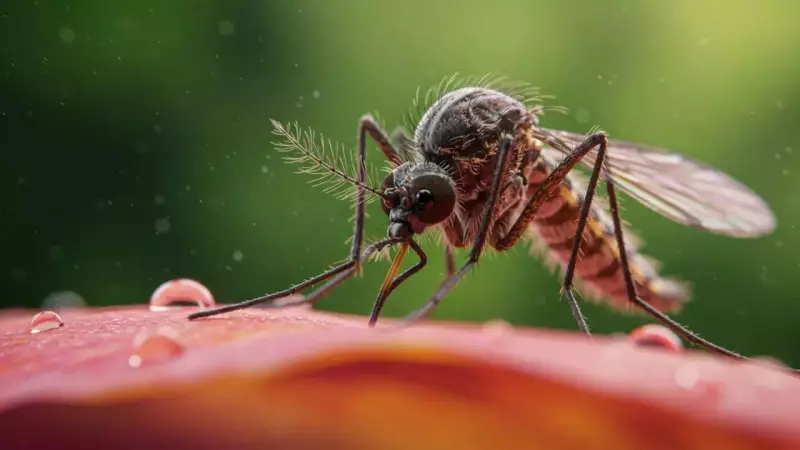
In a startling development that has sent shockwaves through the scientific community, researchers have uncovered the presence of mosquitoes in one of the planet's final pristine Arctic sanctuaries. This unexpected discovery in previously untouched polar territory signals potential ecological shifts that could have far-reaching consequences.
The Unwelcome Arrival in Frozen Frontiers
Scientists conducting routine environmental monitoring stumbled upon these winged intruders in regions where they've never been documented before. The Arctic, long considered a natural barrier against tropical and temperate zone pests, appears to be losing its protective cold shield.
What makes this discovery particularly alarming is the mosquitoes' potential to carry and transmit diseases in environments where native species have developed no natural immunity. Researchers express deep concern about the implications for both wildlife and any human populations in these remote areas.
Climate Connection: The Warming Link
Evidence strongly suggests that climate change serves as the primary driver behind this ecological invasion. Rising global temperatures are creating previously non-existent habitats for mosquitoes in regions that were once too cold for their survival.
The gradual warming of polar areas is effectively rolling out the welcome mat for species that could fundamentally alter these delicate ecosystems. Scientists note that the speed of this invasion has exceeded most predictive models.
Global Health Implications
This discovery extends beyond environmental concerns into the realm of public health. The movement of disease-carrying insects into new territories could expose populations to health threats they've never encountered before.
Research teams are now urgently studying:
- The specific mosquito species identified
- Their disease-carrying potential
- Reproduction rates in cold climates
- Potential impact on indigenous wildlife
- Long-term ecological consequences
A Warning Sign for Our Planet
This mosquito invasion serves as a stark reminder of how interconnected our global ecosystem truly is. Changes in one part of the world can create ripple effects in the most unexpected places.
As one researcher noted, "Finding mosquitoes where they simply shouldn't exist shows us that no corner of our planet remains untouched by global environmental changes." The discovery underscores the urgent need for comprehensive climate action and continued environmental monitoring in Earth's most vulnerable regions.





